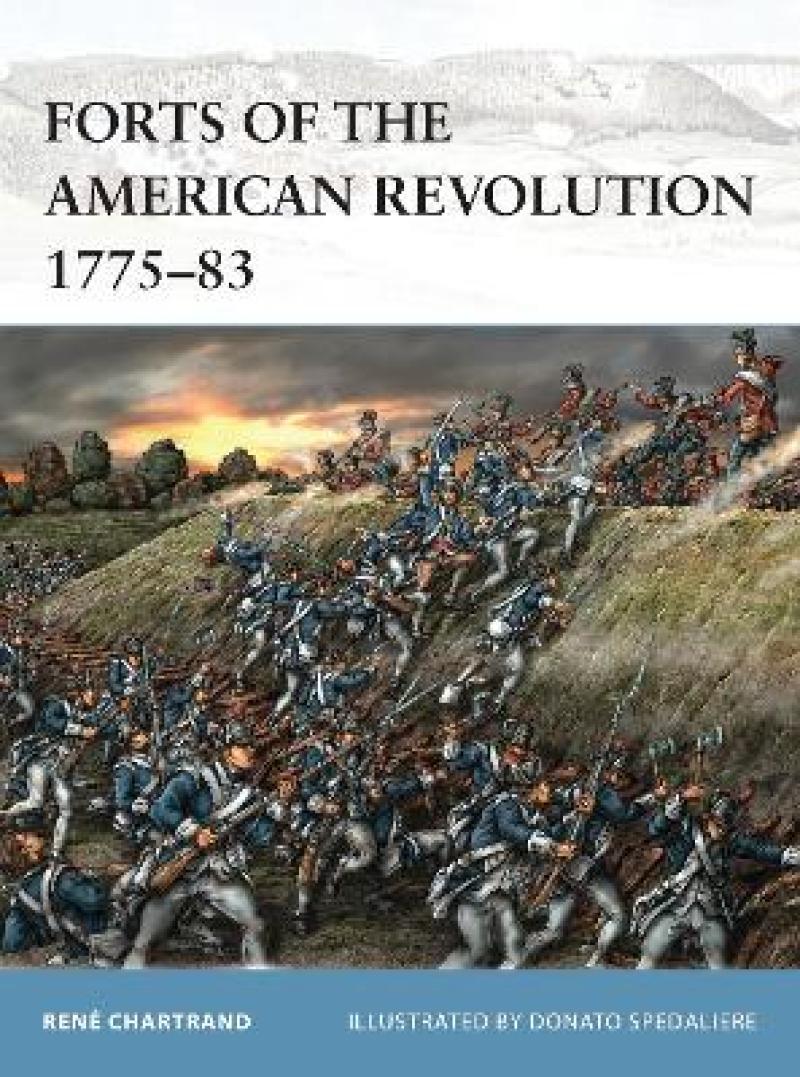Though primarily fought in the field, the American Revolution saw fortifications play an important part in some of the key campaigns of the war.
Field fortifications were developed around major towns including Boston, New York and Savannah, while the frontier forts at Stanwix, Niagara and Cumberland were to all be touched by the war. This book details all the types of fortification used throughout the conflict, the engineers on all sides who constructed and maintained them, and the actions fought around and over them.
Produktdetaljer
Biografisk notat
René Chartrand was born in Montreal and educated in Canada, the United States and the Bahamas. A senior curator with Canada's National Historic Sites for nearly three decades, he is now a freelance writer and historical consultant. He has written numerous articles and books including over 40 Osprey titles. He lives in Gatineau, Quebec, with his wife.
Donato Spedaliere was born in Lausanne, Switzerland, and moved to Tuscany, Italy, at the age of ten, where he still lives today. He has studied in Florence, and served in the Italian Army as a paratrooper. Since 1995, he has worked as a professional freelance illustrator for publishers in Italy and abroad. His artworks are to be found in many books, encyclopaedias, magazines, and museum collections.
